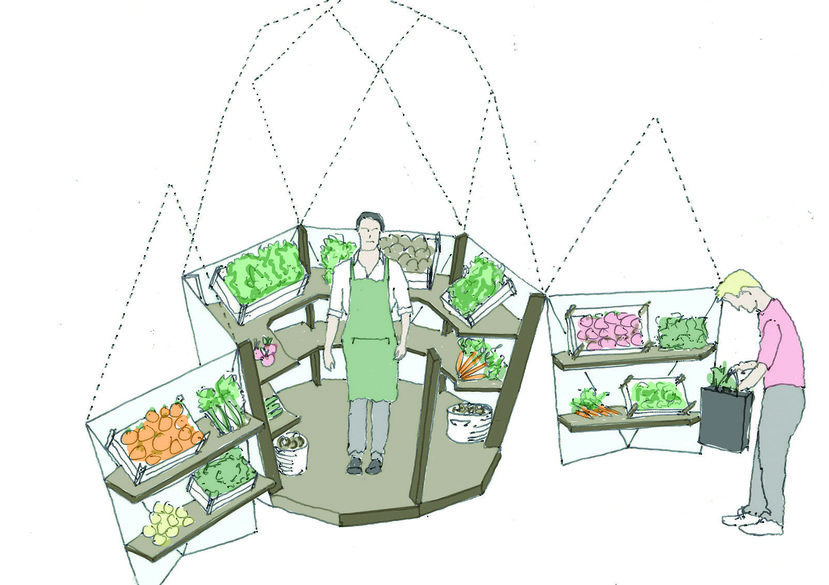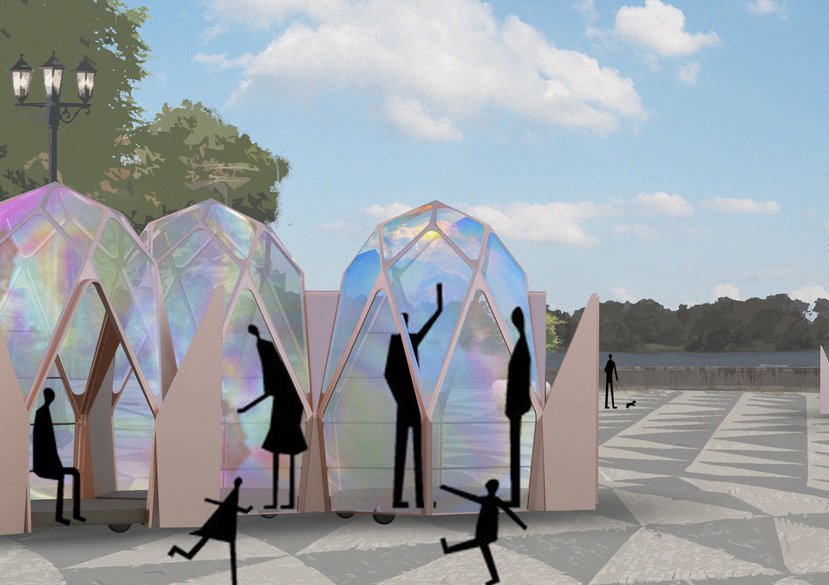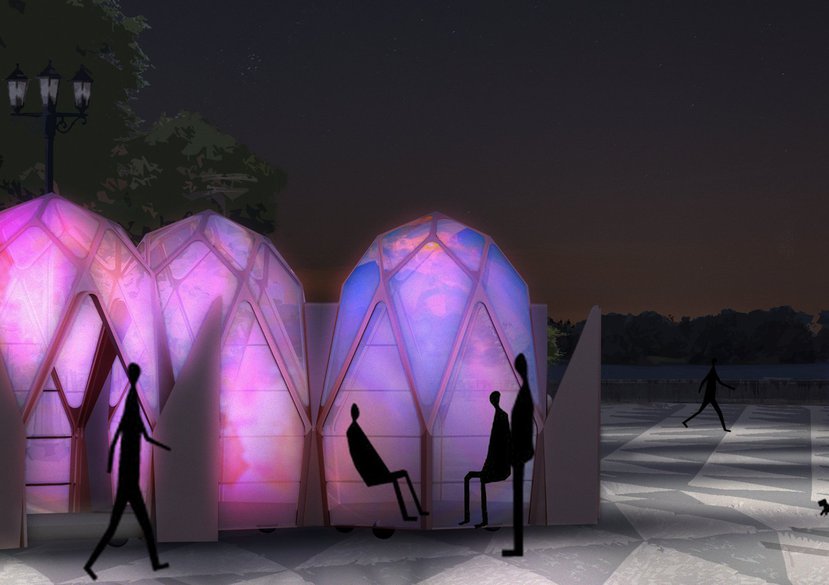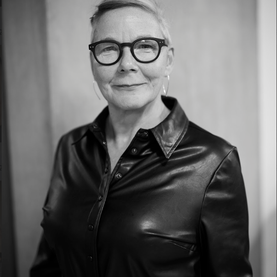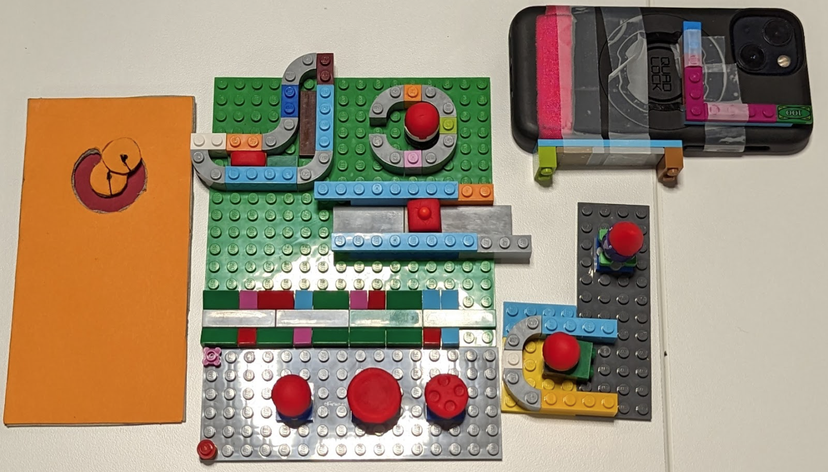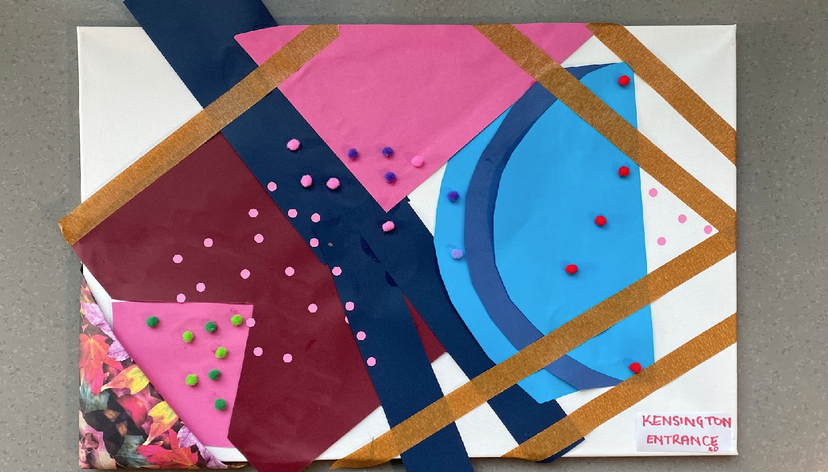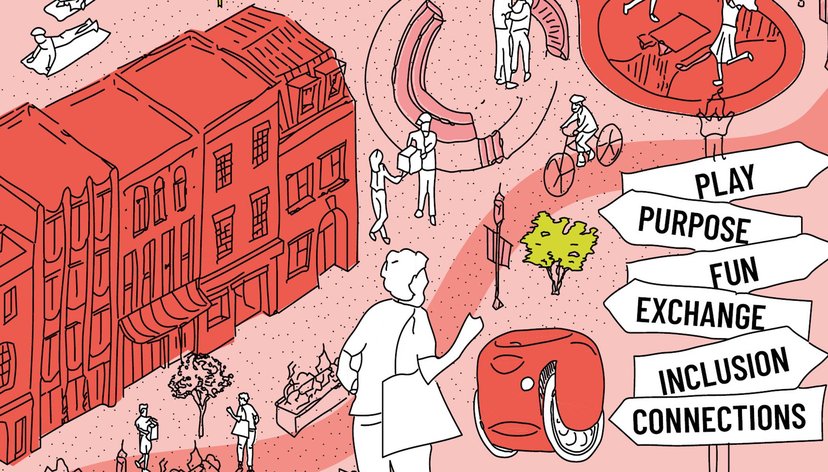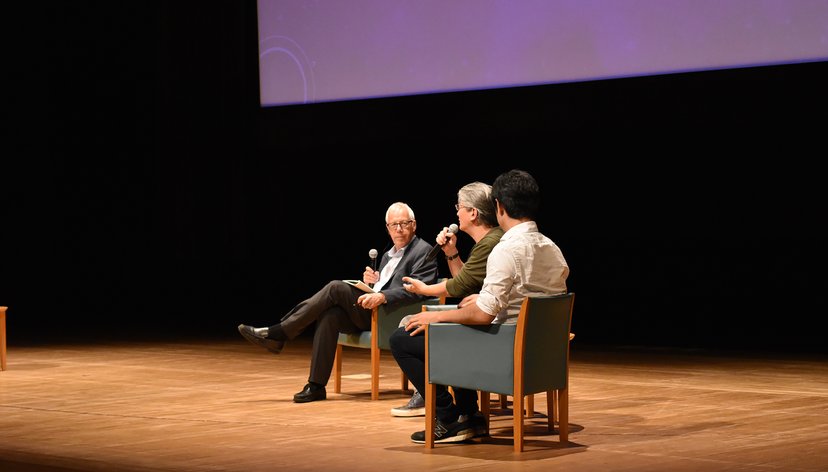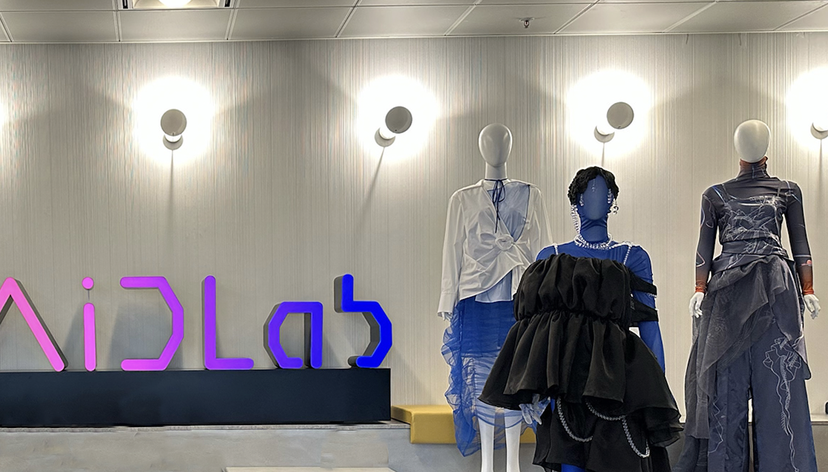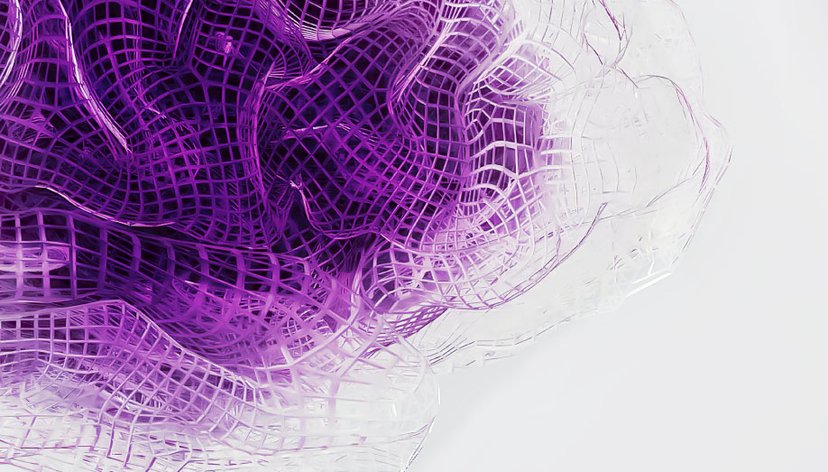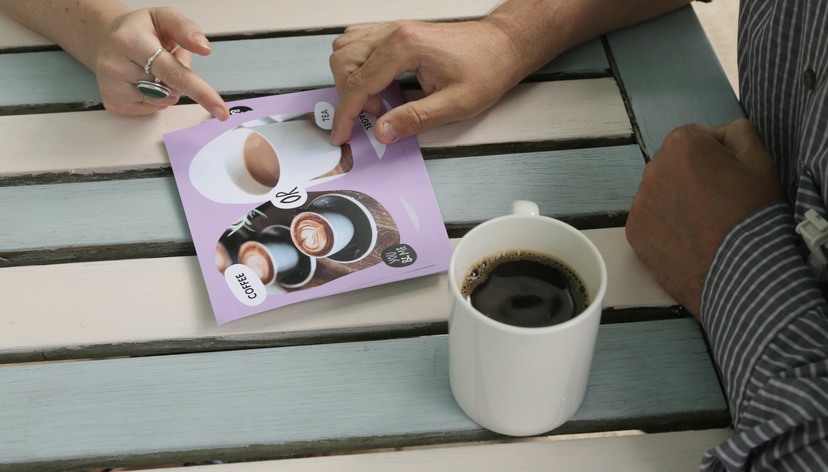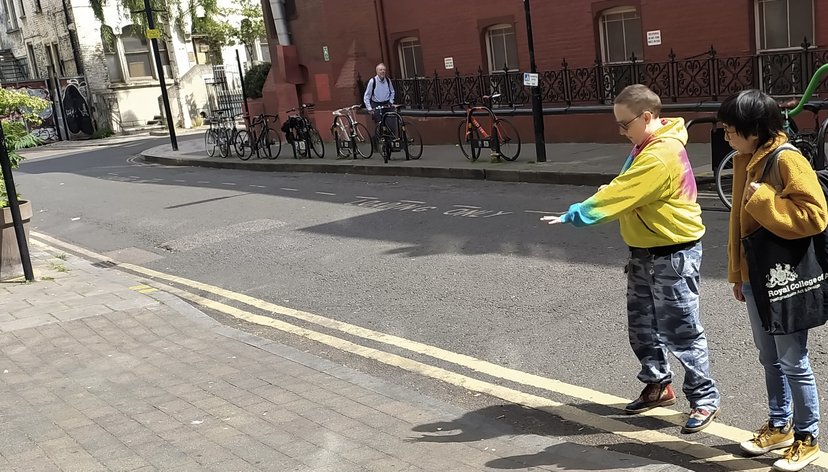
Using Inclusive Design to reimagine an area that has come to be associated with poor emotional wellbeing.

At a glance
- The Helen Hamlyn Centre for Design partnered with Public Health Agency Northern Ireland to revitalise the area with the local residents on a three year major project.
- The River Foyle runs through the city of Derry-Londonderry in Northern Ireland. For various reasons this six miles of waterfront has become synonymous with negative connotations.
- Extensive research was conducted with different communities, with a number of research interventions including a recreation of Dopey Dick, a killer whale who swam up the Foyle in the 1970s
- Insights from this design research led to a number of interventions, including the ‘Foyle Reeds’, a sculptural installation and suicide prevention measure on the Foyle Bridge.
Key details
Gallery
More information
The challenge
The river and its surrounding banks and the bridges had become synonymous with suicidal behaviour and self-harm. This had a profound effect on the local communities’ experience of the space and wellbeing.
On a city level, the challenge was to improve the wellbeing of the local residents and reduce incidences of suicidal behaviour around the riverfront. Wider aspirations focused on how design could reimagine an area associated with poor emotional wellbeing.
The project objectives were to create a series of social and cultural interventions, through art and leisure based activities, to increase the city’s positive outlook towards the riverfront.
Our approach
Research Associates worked closely with a wide range of stakeholders including both statutory groups and key local organisations.
As well as key expert stakeholder groups, the local community were perhaps the most important people to engage with. The team spoke to the public in focused workshops, documenting their perception of the river, through annotating scale maps of the river.
The team also hosted a series of citywide events. One such activity was the creation of a temporary public art installation modelled on a local history of a whale that swam up the river in the 1970s. During a 9-day Maritime Festival, members of the public were invited to share their hopes and aspirations for the riverfront by engaging with the art installation.
Insights from all research methods were distilled into a series of briefs, and co-designed interventions emerged, which were tested amongst the stakeholders.
Outputs
Two interventions emerged:
‘Foyle Reeds’ is an interactive art installation, inspired by local flora that grows along the riverside, which will span the length of the Foyle Bridge creating an aesthetic barrier. In its current utilitarian state, the bridge is open to the elements which means residents are uncomfortable with making the crossing.
‘Foyle Bubbles’ are a series of satellite spaces designed to house arts, commercial, educational and wellbeing initiatives along both sides of the riverfront. These portable pods offer the opportunity for enterprise and community engagement while at the same time those occupying the pods will undertake mental health training.
